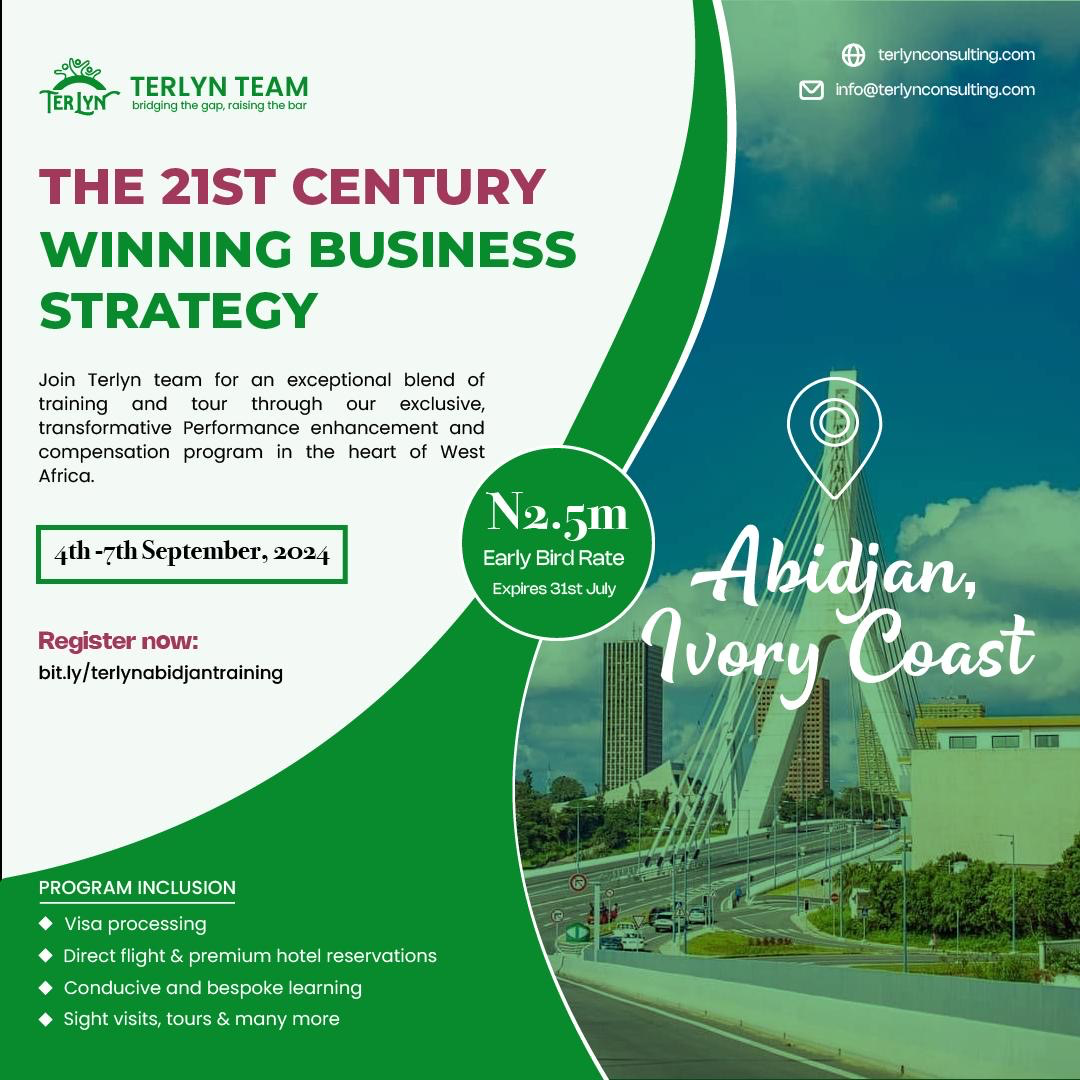The landscape of learning isn’t one-size-fits-all, especially when it comes to adult learners in professional settings. Understanding the intricacies of diverse learning needs and employing effective methodologies is an art that defines the success of corporate training. Let’s delve into the realm of training methodologies designed to resonate and create a lasting impact on the professional growth of individuals.
Adult learners possess distinct characteristics shaped by their experiences and responsibilities. They seek relevance and immediate applicability in their learning endeavours. As such, training methodologies need to align with these traits, emphasizing practicality and real-world applicability.
One of the hallmarks of effective adult learning methodologies is personalization. Tailoring training content to suit individual learning styles and preferences amplifies engagement and retention. Whether through adaptive e-learning platforms, individual coaching, or customized modules, personalized approaches cater to the diverse needs of professionals.
Adults learn best when theory meets practice. Experiential learning methodologies, such as simulations, role-plays, and case studies, immerse learners in real-life scenarios, fostering a deeper understanding of concepts. These hands-on approaches create memorable experiences that resonate long after the training concludes.
Blending traditional and modern approaches, such as combining in-person workshops with online modules, offers flexibility without compromising depth. This hybrid model accommodates varied learning preferences, providing convenience while ensuring interaction and engagement.
Collaborative learning methodologies, such as group discussions, peer-to-peer learning, and team projects, tap into the collective knowledge of participants. Encouraging interaction fosters a dynamic learning environment where individuals learn from each other’s experiences and perspectives.
Implementing continuous assessment and feedback mechanisms is pivotal in adult learning. Regular evaluations, quizzes, and constructive feedback sessions enable learners to track their progress and address areas needing improvement, reinforcing the learning process.
Conclusion: The Impact of Methodological Diversity
The effectiveness of adult learning methodologies lies in their diversity and adaptability. There’s no one-size-fits-all approach; instead, it’s about employing a spectrum of methodologies that cater to the varied learning needs of professionals. A successful training program acknowledges these differences and crafts an ecosystem where individuals thrive through personalized, experiential, and collaborative learning experiences.
In the pursuit of creating lasting impacts, the art of adult learning transcends the boundaries of traditional teaching. It embraces innovation, customization, and engagement, ensuring that every training endeavor becomes a transformative journey for professionals, enriching their skill sets and empowering them to excel in their careers.
To learn more, please check our website www.terlynconsulting.com


